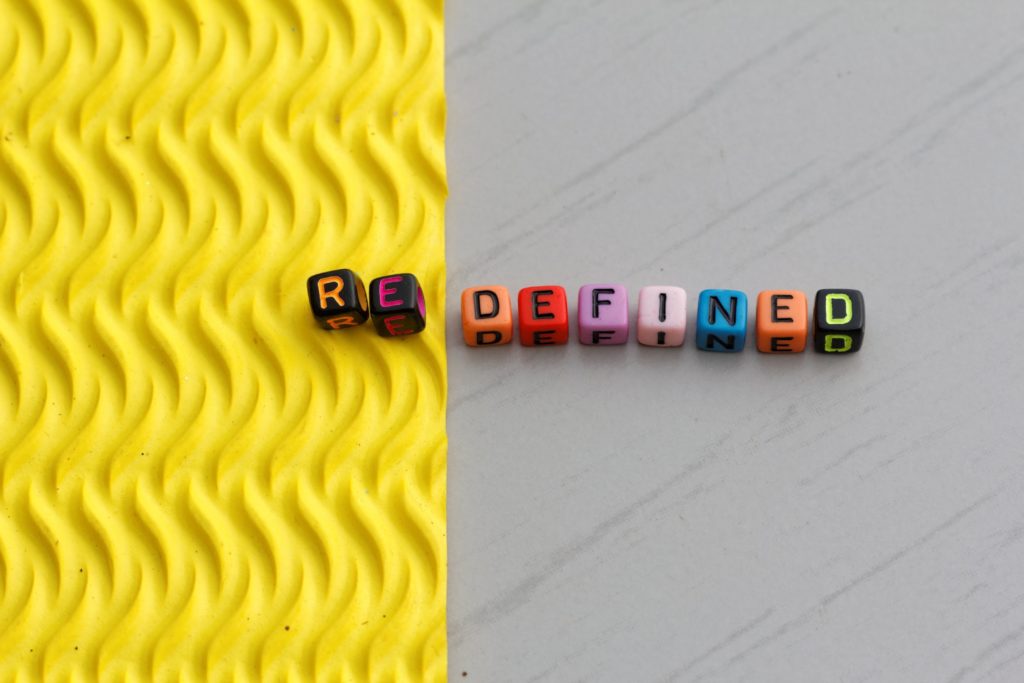Rose’s Take On “Redefining Recovery”

 Rose Lockinger is a passionate member of the recovery community. A rebel who found her cause, she uses blogging and social media to raise the awareness about the disease of addiction. She has visited all over North and South America. Single mom to two beautiful children she has learned parenting is without a doubt the most rewarding job in the world. Currently the Outreach Director at Stodzy Internet Marketing.
Rose Lockinger is a passionate member of the recovery community. A rebel who found her cause, she uses blogging and social media to raise the awareness about the disease of addiction. She has visited all over North and South America. Single mom to two beautiful children she has learned parenting is without a doubt the most rewarding job in the world. Currently the Outreach Director at Stodzy Internet Marketing.
You can find me on LinkedIn, Facebook, & Instagram.
In the beginning of the book Alcoholics Anonymous there is a sentence that states, that Alcoholics Anonymous does not have a monopoly on recovery. This sentence is important because it gives cadence to the fact that within AA, and by proxy every other 12 Step Program, a solution has been discovered for the treatment of alcoholism and addiction, but it is not the only treatment.
This sentence is often times repeated in the rooms and in treatment centers but we don’t really believe it do we? The general attitude in both 12 Step programs and in treatment is that if this doesn’t work for you then you are hopeless because this is the only way.
These words aren’t usually said out loud, but they are implied by such statements as, “Maybe you need to go and try some controlled drinking” or “You’re just not ready to surrender” and while I will admit that I found the answer to my problem with addiction and alcoholism within a 12 Step program, the same cannot be said for everyone.
This dogmatic approach that is then given plausible deniability by such statements as the one in the first paragraph can often be confusing and can result in people becoming disillusioned with recovery and never truly seeking an answer to their problem.
I think it is also important to note that it makes sense for 12 Step programs to take the stance that this is what we are offering here, but if you find that this doesn’t work for you then seek help elsewhere. It makes sense because it is the only thing being offered by the 12 Step programs, but seeing this same thought process within treatment just doesn’t seem to add up for me.
The reason for this is that drug treatment is not supposed to be affiliated with any particular type of movement, just as 12 Step programs do not lend their names to any outside enterprises, so hitching the treatment wagon to one solution is like trying to fight every type of cancer with a medication designed only to fight certain types of cancer.
This analogy may seem like a stretch, but it isn’t really because the way that addiction expresses itself in individual people varies greatly among addicted populations. Some people are addicted to stimulants, others to opiates, and others to alcohol. Some people used drugs to help with anxiety, others for depression, and still others for a reason unbeknownst to them. So to sit back and attempt to get everyone sober in the same manner and not be open to the idea that there are other options out there is tantamount to irresponsible practice.
I have seen too many people die in my time in recovery to believe that this is the best that we have to offer. Granted before the advent of the 12 Steps pretty much everyone was resolved to die an addicted death or wind up in a sanitarium, but with the different variants that we now have on how some can get help, we need to be employing all these methods in order to try to stop the bleeding.
Basically, all I am saying here is that if we have other options we should offer them to people because by saying to an addict or alcoholic you have to get sober through the Steps and if you can’t then you’re screwed is killing people.
I know that this may sound controversial and I don’t mean to stir anything up just for the sake of it, but I want it to be clear that the 12 Steps may not be the only method by which people find recovery, and that if this is the case then we may need to redefine what recovery means.
As it stands recovery means to be involved in a 12 Step program. It means that you are abstinent from drugs and alcohol and that you are living a happy and healthy life. But what of someone who is abstinent from drugs and alcohol and is living a happy and healthy life, but is not involved in a 12 Step program? We usually look down on these people, and attempt to guilt and shame them or make some off-handed remark about how they’ll probably use again. This is in no way shape or form helpful and I believe that it can actually keep people from finding help if and when they need it.
We need to start to think about recovery as a way of life outside of our own norms and understand that just because we found a solution in one manner doesn’t mean that everyone else will also. We need to keep the same open-mindedness that we employee within the 12 Steps to solutions outside of the Steps and the treatment industry should follow suit on this.
If we really want to start combat addiction in this country as we say we want to in the news, then we need to start thinking about what messages we are sending to people and be cognizant of the fact that we may not have all of the answers. By allowing people to achieve recovery within their own terms and under principles that make sense to them, we can open the door and help thousands of people who lay outside the grasp of the 12 Steps.
For myself I personally don’t care how someone gets sober and finds happiness, all I care about is that they overcome the problems that are currently ruining their lives. I am grateful that I have found a solution but as advocates of recovery, we have to start to think outside of the box and open our eyes to the people we have silently neglected.